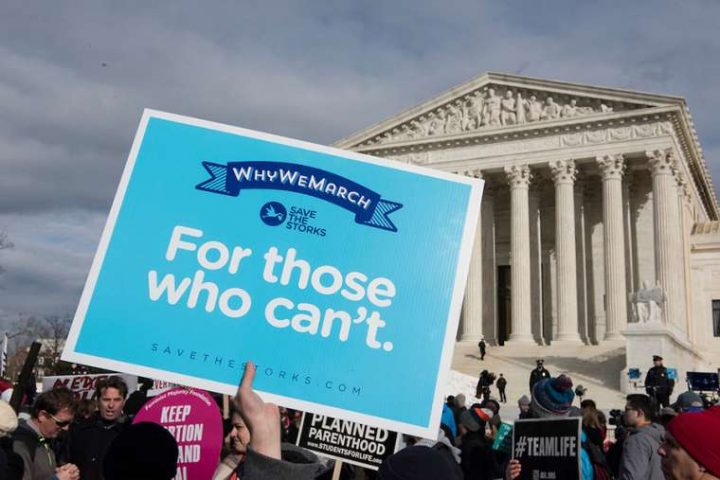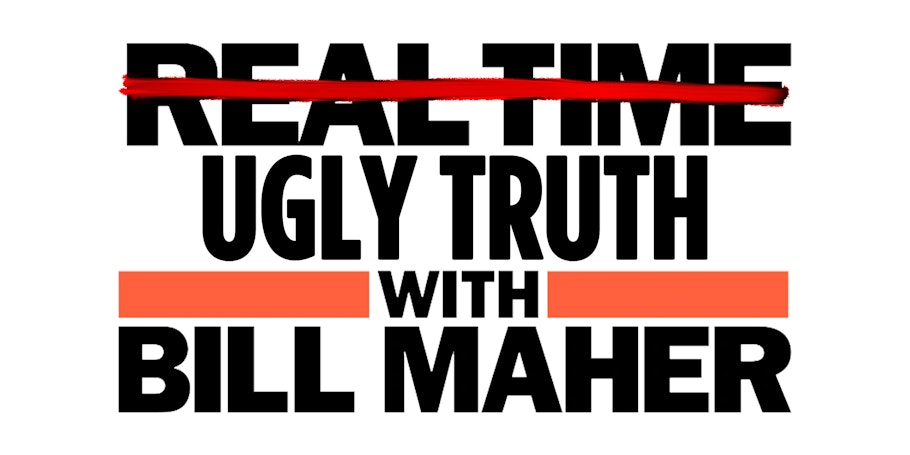CNA: Louisiana Law Regulating Abortion Facilities May Head to US Supreme Court

Saint of the Day for February 5: St. Agatha (c. 230 – 251)
February 5, 2019
Katrina Trinko: Senate Democrat Blocks Infanticide Ban
February 5, 2019
The March for Life crowds gather before the Supreme Court building in Washington Jan. 27, 2017.
Advocates have asked high court for an emergency stay of law that requires abortion doctors to have admitting privileges at nearby hospitals.
WASHINGTON — Abortion rights’ advocates have asked the U.S. Supreme Court for an emergency stay of a Louisiana law that requires abortion doctors to have admitting privileges at nearby hospitals.
The bipartisan law, known as the Unsafe Abortion Protection Act, or Act 620, was effectively upheld by the Fifth Circuit Court of Appeals Jan. 18 when it rejected a petition to rehear a challenge to the law.
A three-judge panel of the court had already upheld Act 620 in September 2018.
If the stay is not granted, the law will take effect Feb. 4.
Louisiana Attorney General Jeff Landry has filed the state’s opposition to the emergency-stay application. He argued the court is unlikely to reverse the Fifth Circuit’s decision and that there is no likelihood of irreparable injury if the law is allowed to take effect.
“As we have argued throughout this litigation, we firmly believe that Act 620 contains common-sense requirements that will protect the health and safety of Louisiana women,” Landry said Jan. 31.
Act 620 was written by Democratic state Rep. Katrina Jackson, who authored the legislation and is chair of the Louisiana Legislative Black Caucus. She has said the law is about “the safety of women.”
It was passed in 2014 by an 88-5 vote in the Louisiana House and a 34-3 vote in the Senate.
The Unsafe Abortion Protection Act requires that abortion doctors have admitting privileges at a hospital within 30 miles of their facilities.
The law also clarifies that informed-consent protections also apply to chemical abortions, procured by ingesting mifepristone, and that chemical abortions must be reported anonymously to the Department of Health and Hospitals, which already tracks surgical abortions. Doctors who perform more than five abortions per year must also maintain proper licensing.
When the Fifth Circuit upheld Act 620 in September, it found that the law does not impose a substantial burden on women seeking to procure abortion.
Landry stated that plaintiffs challenging the law — who say it would leave only one doctor in the state able to perform abortions — have misrepresented “the Fifth Circuit’s reasoning in upholding Act 620.”
“As the Fifth Circuit explained, one plaintiff physician unilaterally refused to submit documentation necessary for him to obtain admitting privileges,” Landry noted. “Another physician at the same clinic threatened to cease performing abortions if Act 620 goes into effect, albeit with shifting justification, and despite his already having admitting privileges that comply with Act 620.”
The attorney general continued: “Plaintiffs refuse to grapple with those facts and instead engage in ad hominem attacks on highly respected Fifth Circuit judges. We will continue to fight to defend our laws.”
Act 620 was challenged in the wake of the Supreme Court’s 2016 Whole Women’s Health v. Hellerstedt decision.
In that case, the high court struck down a Texas law that required doctors performing abortions to have admitting privileges at a nearby hospital and abortion businesses to meet the standards for ambulatory surgical centers. In the 5-3 vote, the majority found that the law put an “undue burden” on a women’s right to an abortion, posing a “substantial obstacle” to that right without showing the necessary benefits of its regulations to women’s health.
Considering Louisiana’s law in light of Whole Women’s Health v. Hellerstedt, the Fifth Circuit wrote that “the facts in the instant case are remarkably different from those that occasioned the invalidation of the Texas statute in WWH.”
“Here, unlike in Texas, the act does not impose a substantial burden on a large fraction of women under WWH and other controlling Supreme Court authority. Careful review of the record reveals stark differences between the record before us and that which the court considered in WWH.”
“The Louisiana Act passes muster even under the stringent requirements of WWH,” wrote circuit Judge Jerry Smith.
Similarly, the Eighth Circuit Court of Appeals in September ruled that Missouri may enforce its own law mandating that doctors who perform abortions have hospital privileges and that abortion facilities to have the same standards as similar outpatient surgical centers.
The Eighth Circuit also cited the Hellerstedt case, saying that decision analyzed purported benefits of the law at issue related to abortion in Texas, not Missouri, and that it found courts should consider the asserted benefits of a law.
Fifth Circuit Judge James Dennis dissented from the court’s decision not to rehear the challenge to Act 620, asserting it is “in clear conflict” with the Hellerstedt decision and that “the panel majority’s attempt to distinguish WWH is meritless because it is based on an erroneous and distorted version of the undue burden test required by WWH and Planned Parenthood of Southeastern Pa. v. Casey.”
When the Unsafe Abortion Protection Act was passed in 2014, there were five abortion businesses in Louisiana. By the time the Fifth Circuit upheld the law in September 2018, there were three, in New Orleans, Baton Rouge and Shreveport.
The day before it declined to rehear the challenge to Act 620, the Fifth Circuit vacated a previous injunction barring Texas from stripping Planned Parenthood affiliates of Medicaid funding.
Circuit Judge Edith Jones affirmed that Texas has the right to exclude a health-care provider from Medicaid funds and criticized the Planned Parenthood affiliates’ argument that the Office of the Inspector General has insufficient expertise to determine the qualifications of abortion providers.




